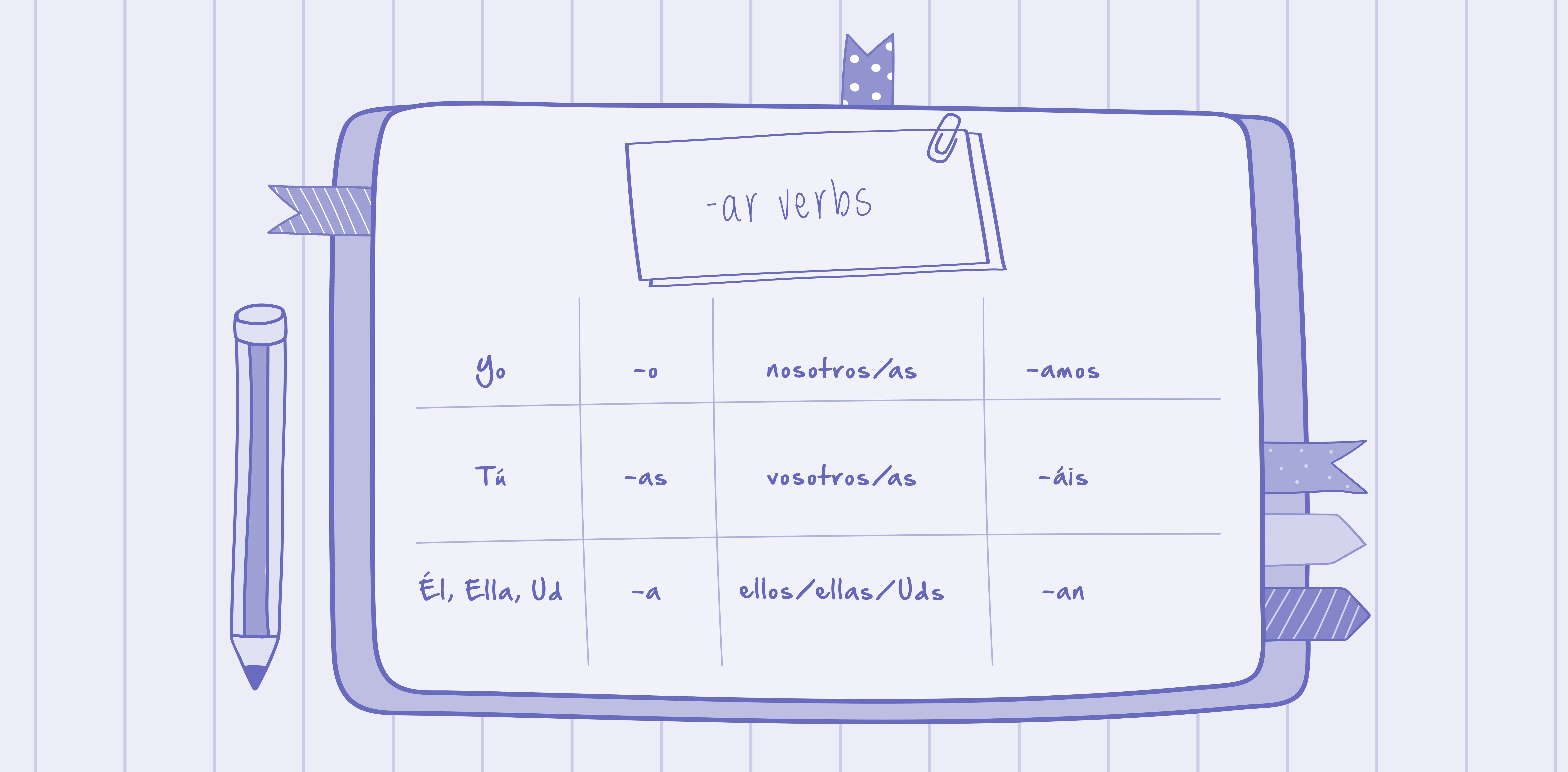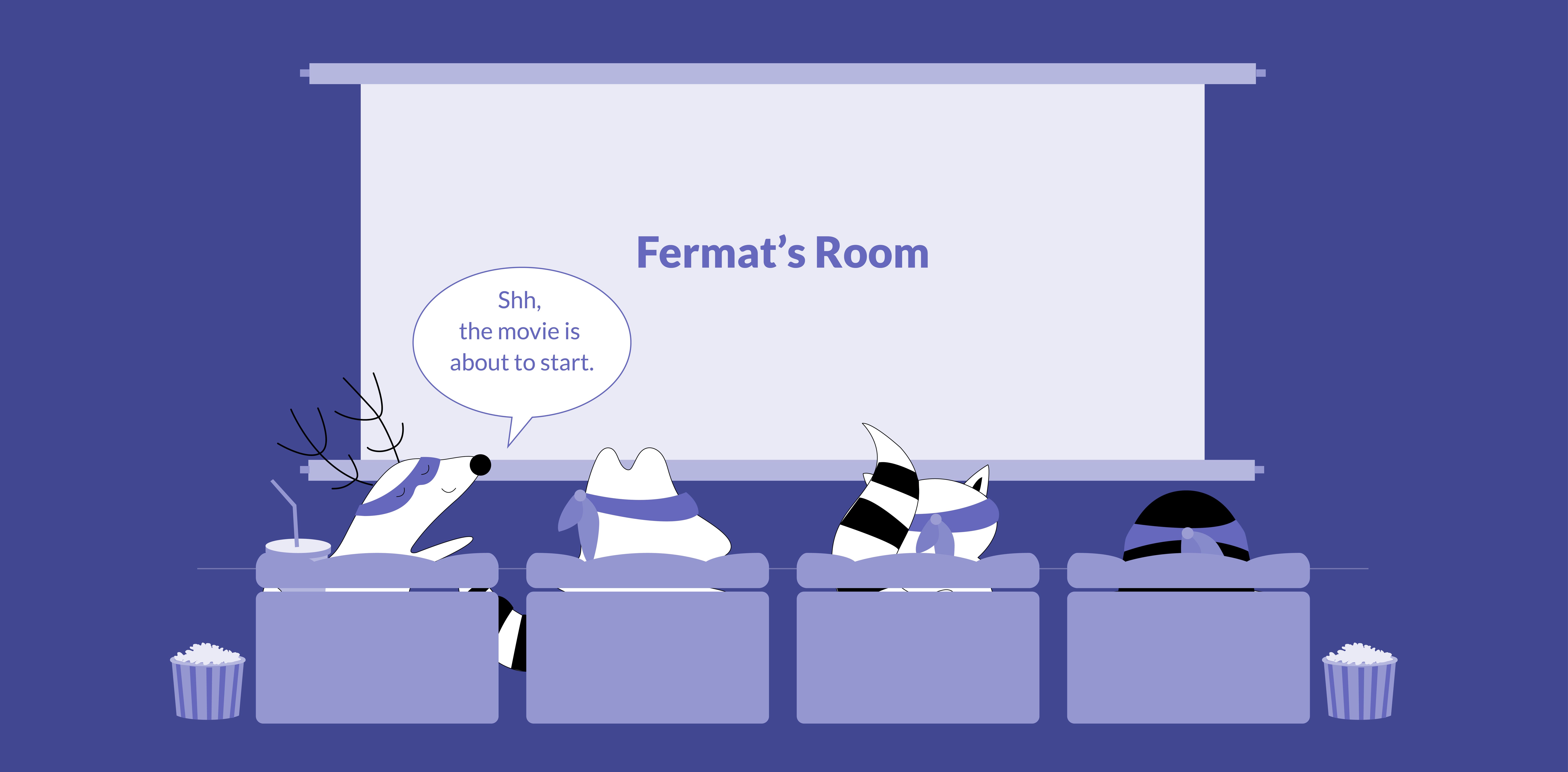
Language and culture are deeply intertwined, and understanding the nuances and colloquialisms of a language can provide valuable insights into its cultural context.
As you learn Spanish, you may encounter various ways to tell someone to stop talking, ranging from polite requests to more forceful expressions.
In this article, we will explore ten different phrases or idioms used to say "shut up" in Spanish, their origins (if known), and the contexts in which they are most often used.
Learn Spanish with Langster
9 Ways to Say Shut Up in Spanish
Whether you want to expand your vocabulary, gain insights into the language's nuances, or simply learn how to navigate social situations more effectively, we've got you covered.
We'll guide you through various phrases and idioms used across Spanish-speaking countries, highlighting each expression's appropriate contexts and tones. So, buckle up, and get ready to master the art of telling someone to be quiet in Spanish, whether you need to be firm or gentle!
¡Cállate!
This is the simplest and most direct way to tell someone to be quiet in Spanish. Cállate is derived from the verb callar, which means "to silence" or "to hush."
The level of formality or informality can vary depending on the tone of voice and the context in which it is used.
Here's an example of how this phrase can be used in a conversation:
Spanish
English
Estoy tratando de concentrarme en mi tarea, pero no puedo con tanto ruido.
I'm trying to concentrate on my homework, but I can't with all this noise.
¡Cállate, por favor!
Be quiet, please!
No Digas Nada
This phrase is a gentler way to ask someone to be quiet, as it literally means "do not say anything." It can be used in both formal contexts and informal situations.
Colleague A:
Spanish
English
Tenemos que ser cautelosos con la información confidencial de la empresa. No debemos compartirla con nadie.
We have to be cautious with the confidential company information. We must not share it with anyone.
Colleague B:
Spanish
English
Estoy de acuerdo. No digas nada al respecto en la reunión de hoy.
I agree. Don't say anything about it in today's meeting.
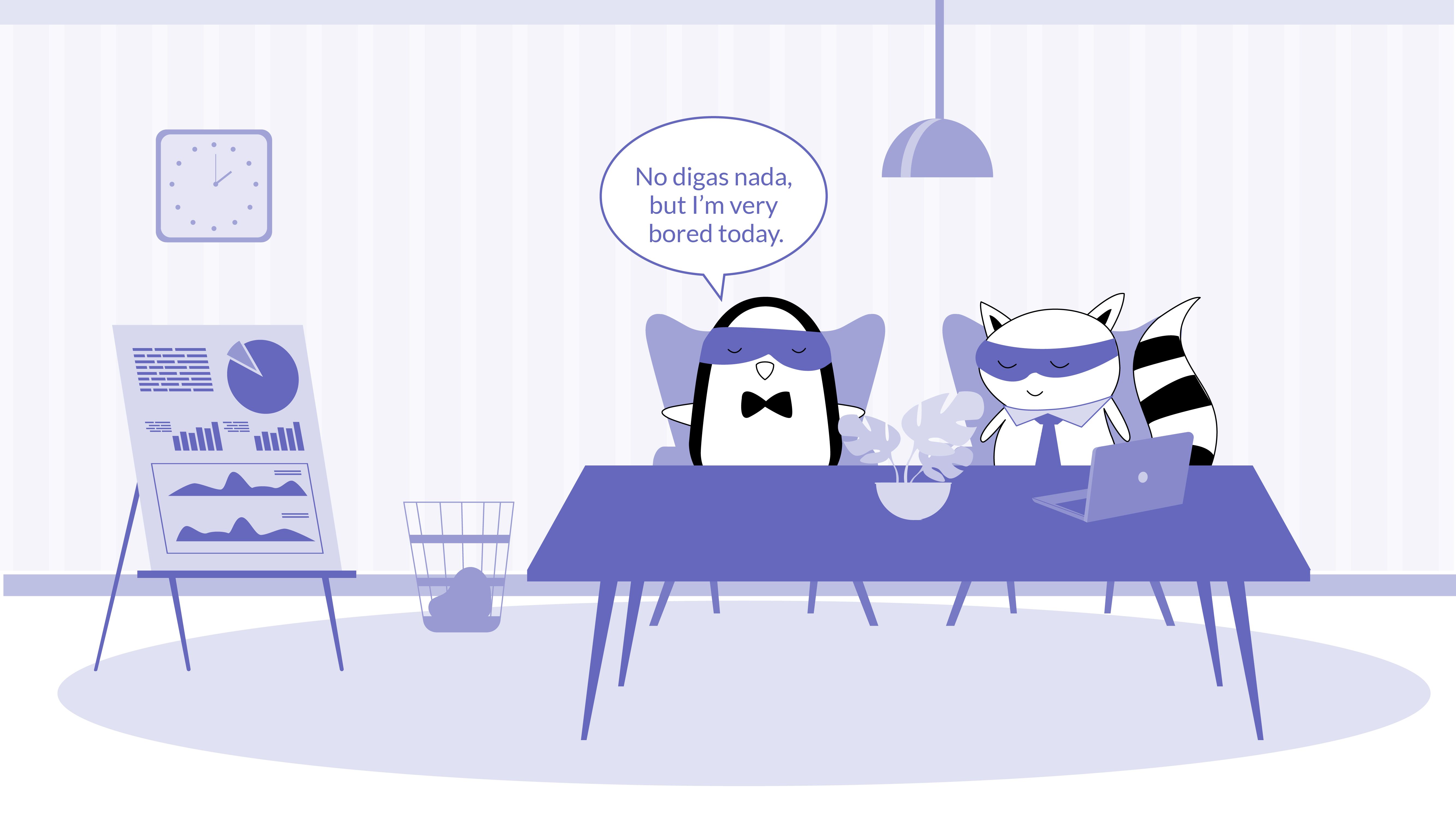
Basta Ya
This expression conveys a sense of frustration and is used when a native Spanish speaker wants someone to stop talking or doing something.
You can use basta ya in various contexts, but it may come across as impolite if used aggressively. Let's have a look at an example:
Spanish
English
¡Estás haciendo trampa de nuevo! Siempre ganas y no me das oportunidad
You're cheating again! You always win and don't give me a chance.
Basta ya, ya no quiero jugar contigo si te pones así.
Enough already, I don't want to play with you if you're going to be like this.
¡Ay, Qué Cosas Dices!
¡Ay, qué cosas dices! is a Spanish expression that can be loosely translated as "Oh, what things you say!" or "Oh, what nonsense you're talking!", and is commonly used to express surprise, disbelief, or even mild annoyance at someone's words or statements.
Spanish
English
Mi equipo de fútbol siempre gana. El tuyo no tiene ninguna oportunidad contra nosotros.
My soccer team always wins. Yours doesn't stand a chance against us.
¡Ay, qué cosas dices! Tu equipo siempre está en el último lugar. No me hagas reír.
Oh, what nonsense you're talking! Your team is always at the bottom. Don't make me laugh.
Cierra el Pico
Another way to convey a similar meaning to "shut up" in Latin America is by using the phrase cierra el pico.
This expression is more colloquial and direct, and it is important to note that it can be considered vulgar or offensive in some contexts.
Therefore, it should be used with caution and only in appropriate situations, for example when a parent is scolding a child for misbehaving:
Spanish
English
¡Cierra el pico y haz caso! No puedes comportarte de esa manera./ [Shut your beak
Shut your beak/mouth and listen! You can't behave like that.
Guarda Silencio
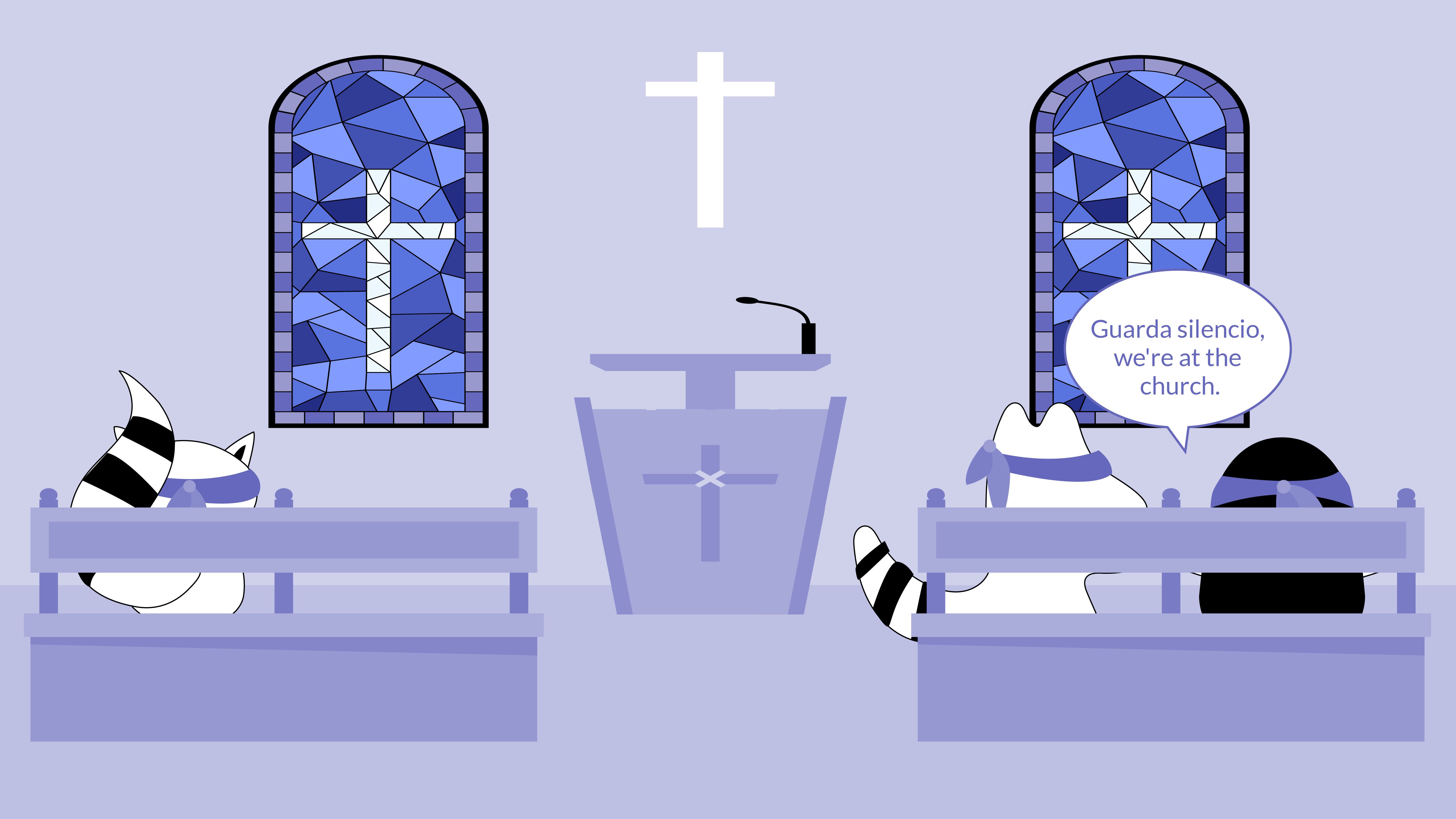
Guarda silencio is a phrase that can be used to ask someone to remain quiet more formally and composedly. It is derived from the verb guardar, which means "to keep" or "to save."
In English, guarda silencio translates to "keep silent" or "maintain silence." It is a polite and formal way to request someone to stay quiet, often used in more official or serious settings.
Spanish
English
Por favor, durante el examen, les pido que guarden silencio absoluto.
Please, during the exam, I ask that you maintain absolute silence.
¿Por Qué No te Callas?
¿Por qué no te callas? is a Spanish phrase that can be translated as "Why don't you shut up?" This expression is similar to "calla(te)" but it shows that the speaker is really upset.
It is known for its usage by King Juan Carlos I of Spain during a heated exchange with then-President Hugo Chávez of Venezuela. As a result, it gained significant attention and became a popular phrase.
Spanish
English
¡Las personas siempre actúan de forma egoísta y nunca cambian!
People always act selfishly and never change!
¿Por qué no te callas? No generalices de esa manera.
Why don't you shut up? Don't generalize like that.
Cállate la Boca
This phrase is similar to calla(te) but adds emphasis by mentioning the mouth. Native speakers generally consider it to be informal, and it might come across as rude if used in a formal setting.
Cállense la boca is its plural form.
Spanish
English
Cállate la boca y no hables mal de tus amigos.
Shut your mouth and don't speak badly of your friends.
Haz Silencio
Haz silencio is a versatile phrase that can be used as a command to request quietness. It is derived from the verb "hacer," which means "to do" or "to make," and the noun silencio, which means "silence."
Spanish
English
Por favor, haz silencio. La clase va a comenzar.
Please, be quiet. The class is about to start.
Slang Phrases to Say "Shut Up" in Spanish
There are many slang phrases used by native Spanish speakers to ask another person to shut up, and you can use them, too! Just remember that slang phrases may not be understood or appreciated in all Spanish-speaking regions, and using them inappropriately could lead to misunderstandings or offense.
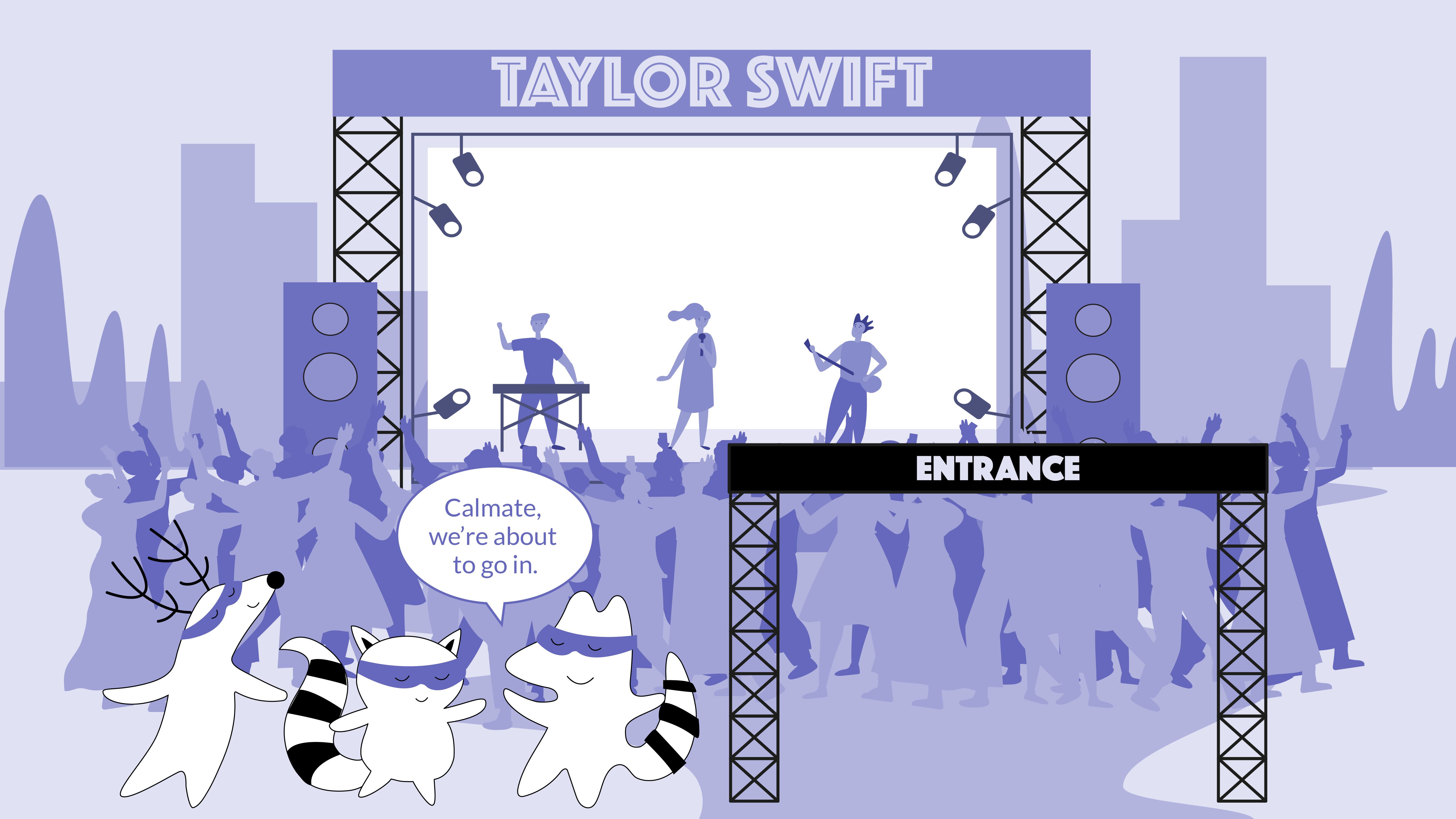
It's essential to consider the context and relationship with the person you're speaking to before using slang or informal expressions:
| Example | Translation | Explanation |
|---|---|---|
| ¡Cálmate! | Chill out! | This phrase, while not explicitly telling someone to shut up, is a way to ask them to relax or calm down, which may indirectly imply that they should stop talking. |
| ¡Oye, tranquilo(a)! | Hey, take it easy! | Similar to "¡Cálmate!", this phrase is used to tell someone to relax or calm down and can have the connotation of asking them to be quiet. |
| ¡Tapa(te) la boca! | Cover your mouth! | This phrase is similar to "Cierra la boca" but implies covering the mouth rather than closing it. It is also informal and can come across as impolite if used inappropriately. |
| ¡Calla(te) un rato! | Shut up for a while! | This expression is an informal way to tell someone to be quiet for a brief period. It can be perceived as rude depending on the context and tone of voice. |
| ¡No me vengas con cuentos! | Don't come at me with stories! | This phrase is used to dismiss someone's talk as unimportant or annoying, indirectly telling them to stop talking. |
| ¡Deja de molestar! | Stop bothering! | While not explicitly saying "shut up," this phrase communicates that the person's talking is bothersome and should stop. |
| ¡Ponte un bozal! | Put a muzzle on it! | This expression is quite strong and can be considered offensive. It likens someone's mouth to that of an animal that needs to be muzzled to stop making noise. |
| Example | Translation | Explanation |
|---|---|---|
| ¡Cálmate! | Chill out! | This phrase, while not explicitly telling someone to shut up, is a way to ask them to relax or calm down, which may indirectly imply that they should stop talking. |
| ¡Oye, tranquilo(a)! | Hey, take it easy! | Similar to "¡Cálmate!", this phrase is used to tell someone to relax or calm down and can have the connotation of asking them to be quiet. |
| ¡Tapa(te) la boca! | Cover your mouth! | This phrase is similar to "Cierra la boca" but implies covering the mouth rather than closing it. It is also informal and can come across as impolite if used inappropriately. |
| ¡Calla(te) un rato! | Shut up for a while! | This expression is an informal way to tell someone to be quiet for a brief period. It can be perceived as rude depending on the context and tone of voice. |
| ¡No me vengas con cuentos! | Don't come at me with stories! | This phrase is used to dismiss someone's talk as unimportant or annoying, indirectly telling them to stop talking. |
| ¡Deja de molestar! | Stop bothering! | While not explicitly saying "shut up," this phrase communicates that the person's talking is bothersome and should stop. |
| ¡Ponte un bozal! | Put a muzzle on it! | This expression is quite strong and can be considered offensive. It likens someone's mouth to that of an animal that needs to be muzzled to stop making noise. |
Register Is Important
As you can see, register is crucial when telling someone to shut up in Spanish, because it determines the level of politeness, formality, and appropriateness of your request. The register you choose heavily depends on:
- your relationship with the person you are addressing,
- the social context,
- and the desired tone of your message.
Using an informal or slang expression to tell someone to be quiet can come across as rude, disrespectful, or offensive if used with someone you have a formal relationship with, such as a boss, teacher, or elder. On the other hand, using a formal register with close friends or peers may seem overly polite or even sarcastic.
Selecting the appropriate register helps convey your message effectively without causing misunderstandings or damaging your relationship with the listener. It shows that you respect social norms and cultural expectations, which is particularly important when speaking a foreign language.
The Bottom Line

Learning how to ask someone to shut up in Spanish goes beyond simply acquiring vocabulary: it involves understanding the nuances of the language, cultural context, and appropriate registers to use in different situations.
By expanding your vocabulary and understanding the cultural implications of these phrases, you'll be able to navigate social situations more effectively, gain deeper insights into the Spanish language, and develop a stronger connection with Spanish-speaking communities.
And, if you want to expand your linguistic skills, understand cultural nuances, or simply enhance your ability to communicate in Spanish, why not try Langster? You'll improve your language skills in the most interactive and effective way, either using the web version or the app!
Learn Spanish with Langster







